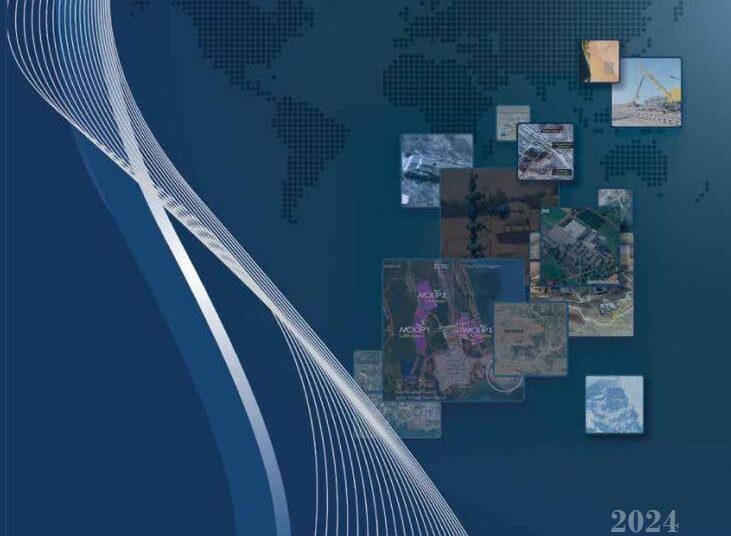The National Geospatial-Intelligence Agency has published its second Tearline yearbook, assembling a new set of open-source analyses on issues with national security implications.
The latest edition spotlights 14 articles produced through NGA’s Tearline Project, a public-facing effort that partners with universities and nonprofit organizations. The collection ranges widely in scope, with assessments of Russian oil and gas activity in North Africa, reviews of Chinese-backed infrastructure work in Namibia, and tracking of railroad expansion in Kazakhstan.
One featured piece revisits a North Korean political prison camp that officials said had been shuttered two decades ago. Drawing on recent satellite imagery and interviews with former detainees, the authors conclude the facility continues to operate.
Tearline is a congressionally supported platform designed to generate open-source intelligence—analysis sourced from publicly available information—on strategic, economic and humanitarian topics that often receive limited attention. The program is intended to serve NGA’s mission while also informing other federal agencies and the public.
Open-source intelligence has grown in prominence across the national security community as commercial satellite constellations expand and digital records proliferate, enabling independent researchers to monitor developments that were once difficult to verify. Tearline’s model leverages that data ecosystem by combining geospatial analysis with on-the-ground reporting and academic research in a format intended for broad audiences.
NGA, headquartered in Springfield, Virginia, provides geospatial intelligence for U.S. national security and military operations. By making select analyses available through Tearline, the agency and its partners aim to increase transparency around complex international issues without relying on classified sources.
Additional information about the project—including guidance for proposing research topics—is available at https://www.tearline.mil/.





